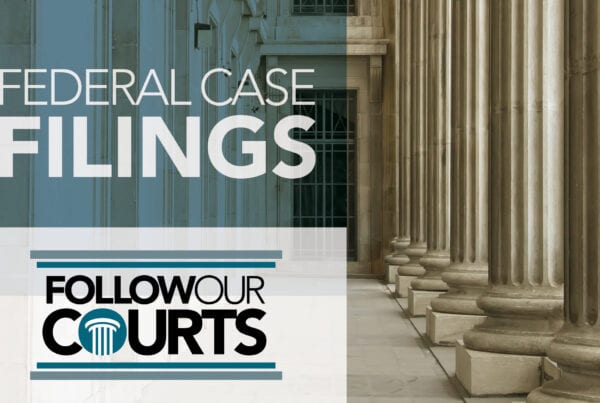Employees of Patton State Hospital took the stand March 27 to defend Christopher Lee Smart, a social worker accused of having sex with his patients.
Patton State Hospital treats criminal defendants with mental issues, some of whom have been found incapable of being tried, and others who have been assigned to mental health treatment instead of imprisonment.
Smart was charged with nine counts of sexual abuse, including five of rape of a person incapable of giving consent, two counts of oral copulation of an incompetent person, one count of sexual penetration of an incompetent person and one count of sexual battery on an institutionalized victim. Prosecutors allege the acts took place between








